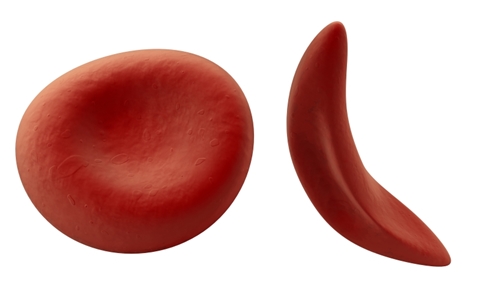
Here is a short history of when umbilical cord blood stem cells was discovered and used in many different clinical trials:
1980s
Dr. Hal Broxmeyer took umbilical cord blood out of laboratory to clinical practice and Dr. E.A Boyse validated the concepts in mice studies.
1985
Dr. Hal Broxmeyer discovered the presence of hematopoietic stem and progenitor cells in human cord blood.
1988
The first cord blood transplant was done on a 5-year-old boy, Mathew Farrow with Fanconi anemia. The donor was his HLA identical sister.
1992
Dr. Pablo Rubinstein founded the world’s largest public cord blood bank at the New York Blood Center. He pioneered methods of umbilical cord blood collection and storage that became industry standards.
1993
Two year old Mitch Santa first to receive cord blood transplant from unrelated donor from NY Blood Center for leukemia cure performed by Dr. Kurtzberg.
1995
Dr. Mary Laughlin of Duke Medical Center performed the first adult cord blood treatment for leukemia.
1996
Dr. Mitchell Cairo and Dr. John Wagner demonstrated that long term survival in patients is comparable with cord blood transplants and bone marrow transplants. FDA launches an Investigational New Drug (IND) for cord blood under the Cord Blood Transplantation Study (COBLT).
1997
Stephen Sprague first adult to be treated with “expanded” cord blood treatment for CML leukemia in blast crisis by Dr. Andrew Pecora. Cells were grown in the lab before infusion.
1998
National Marrow Donor Program (NMDP) launches cord blood program.
1998
Keone Penn first to be cured of sickle cell disease with cord blood treatment from a matching cord blood donor performed by Dr. Andrew Yeager.
2001
Jesse cured of eye cancer at the Hospital for Sick children in Toronto, Canada with a transfusion of his own cord blood that had been banked by his parents.
2004
Andrej was the first baby (6 Months) to receive a transplant from his own umbilical cord blood to cure malignant brain tumor.
2005
Abby Pell received cord blood stems as experimental therapy for brain injury by Dr. Kurtzberg. Later demonstrated that cord blood can stop neurologic damage from metabolic storage disorders, by helping patients to create the metabolic enzymes they lack.
2005
U.S. Congress passes national cord blood legislation, The Stem Cell Research and Therapeutic Act of 2005 (H.R. 2520), to create a national inventory of 150,000 diverse, high-quality cord blood samples.
2007
Nate Liao receives a stem cell transplant from a sibling as therapy for a rare and fatal skin disorder called epidermolysis bullosa for first time. A proof that cord blood teaches the body to produce missing skin proteins.
2010
Dr. Colleen Delaney and colleagues found a new way to grow cord blood stem cells in the lab to expand the cell count before transplant.
2011
Dr. Michael Chez launched the first clinical trials to treat children with autism with their own cord blood stem cells.
2013
Over 30,000 cord blood transplants have been performed around the world.


